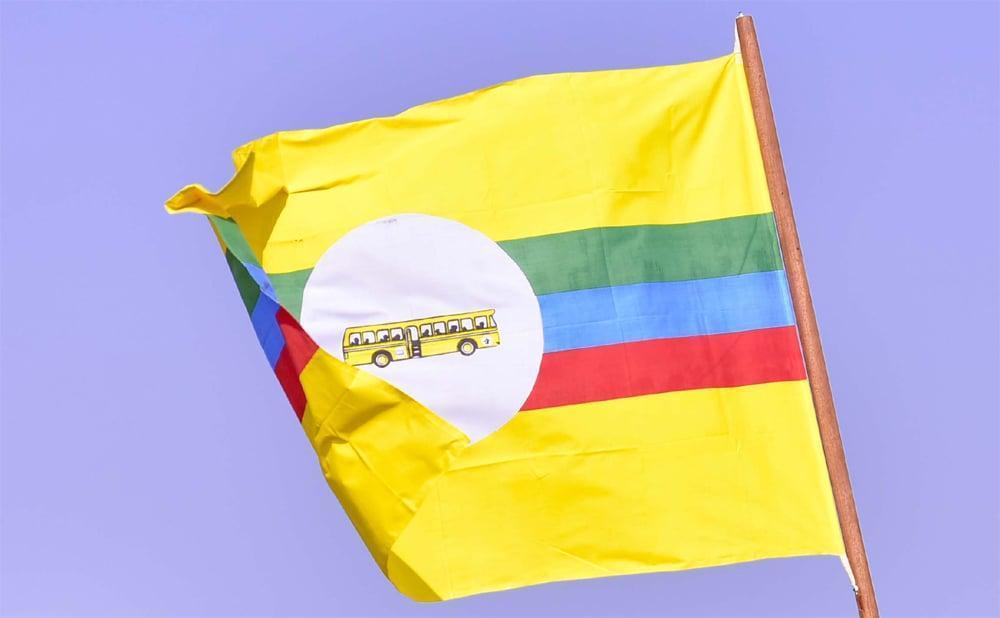Africa-Press – Uganda. With just months to go before Uganda heads to the polls in the 2026 general elections, Tororo District is once again showing strong signs of remaining a National Resistance Movement (NRM) stronghold.
The ruling party, which has historically dominated the political landscape in the area, is leading in the ongoing nominations, sweeping a majority of political positions from grassroots to top district leadership.
Tororo, comprising seven constituencies and 42 administrative units, has consistently voted in favor of the NRM, with the party winning nearly 99% of elected positions in past elections.
This trend appears unbroken, as recent nomination figures indicate that out of 102 nominated district councillors, 52 are running on the NRM ticket, while 41 are independents.
The opposition parties, Forum for Democratic Change (FDC) and the National Unity Platform (NUP), each managed to field only four candidates.
To many NRM supporters, this continued dominance is unsurprising. They credit it to the party’s persistent visibility and investment in service delivery through key government programs like the Parish Development Model (PDM), Women Fund, Emyooga, and the Youth Livelihood Fund.
“Programs like the PDM, Women Fund, Emyooga, and the Youth Funds have really helped us mobilize for the party,” said Eustace Kirumi, NRM Administrator in Tororo.
However, while NRM’s influence is strong at the grassroots level, the opposition remains visibly active, particularly during presidential elections where their presence is more strongly felt.
Yet, their failure to replicate this momentum at the local level is a concern for many within opposition ranks.
Opposition leaders attribute their weak grassroots performance to a combination of deep-rooted NRM structures and societal pressures.
“NRM is majorly loved by our parents, so when I want to cross to another party, the parents will refuse,” said Alex Mukakanya, a NUP mayoral candidate.
“Opposition parties lack structures on the ground, so there’s no way they can compete with NRM which is deep-rooted in almost every village,” added Annet Nandala Kimbowa, a contender for the Municipality MP seat.
Interestingly, internal dynamics within NRM are shifting. A notable number of independents in the race are former NRM members who lost in recent party primaries.
This has raised concerns that the split could fragment the ruling party’s vote base, inadvertently boosting the chances of opposition candidates.
“We still have the very voters that voted for these ladies; they will still vote those leaders out,” said Charles Owor, NRM Publicity Secretary in Tororo, dismissing the idea that independents pose a serious threat.
As the election season intensifies, it remains to be seen whether NRM will maintain its dominance or if the growing wave of independents and opposition activity will cause a political shake-up.
What is clear is that Tororo remains a key battleground to watch as the 2026 elections approach.
For More News And Analysis About Uganda Follow Africa-Press






